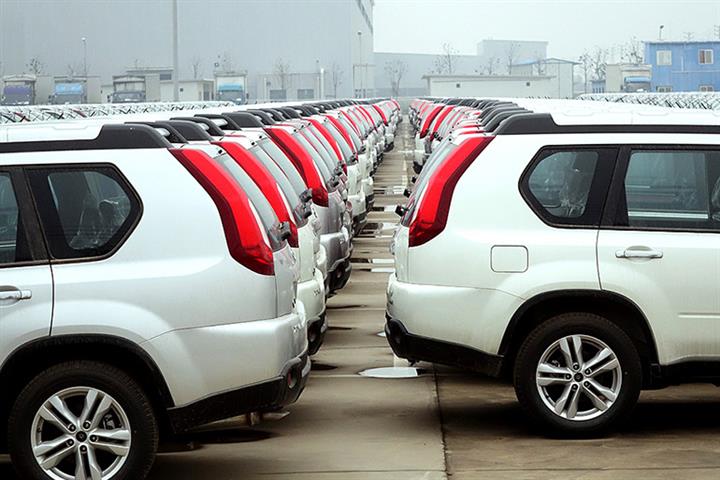 China's August Car Sales Grew at Fastest Rate in Over Two Years
China's August Car Sales Grew at Fastest Rate in Over Two Years(Yicai Global) Sept. 8 -- China's passenger car sales surged 8.9 percent in August year on year, the highest increase since May 2018, as the auto sector shows promising signs of recovery from a two-year slump, according to a recent report.
Some 1.7 million cars were sold last month, the China Passenger Car Association said in its report today, adding that 1.6 million units were made, a dip of 0.2 percent from the same period last year as factories closed on days of soaring summer heat.
FAW-Volkswagen, a joint venture between Changchun, Jilin province-based FAW Group and Germany’s Volkswagen, was the most popular marque with sales up 16.9 percent to 194,000 units.
This was followed by Volkswagen’s joint venture with Shanghai’s SAIC Group, SAIC-Volkswagen, whose sales were down 10.7 percent but still managed to shift 144,000 vehicles. SAIC’s JV with the US’ General Motors came third with monthly sales jumping 20.5 percent to 131,000 units.
Sales of JV brands were up 6 percent year on year, while sales of domestic auto marques increased by 4 percent, accounting for 33 percent of the market, CPCA said.
Sales of luxury brands lept 32 percent year on year to take a record 15 percent market share as substantial discounts and improved spending levels helped drive demand for expensive cars.
New energy vehicles also did well, with sales soaring 43.7 percent to more than 100,000 units. SAIC-GM-Wuling sold the most at 18,300 vehicles, Xi’an-based BYD Auto shifted 14,300 cars and Shanghai-based Tesla China was close behind with 11,800.
The CPCA expects the auto market to be further boosted during the upcoming week-long National Day holiday when the international travel ban will see a surge in local road trips.
There were nearly 500,000 registrations for electric vehicles in Europe in the first seven months of the year, around 100,000 more than China’s NEV sales over the same period. This is due to the substantial increase in subsidies in European countries and other non-market factors such as carbon emissions indicators.
China has reduced its subsidies for mini electric vehicles as firms move towards developing more mid- and high-range NEVs. So the two markets are not at the same stage of development, said CPCA Secretary-General Cui Dongshu.
Editor: Kim Taylor